News 2024
News list
-

"The unique biodiversity of groundwater needs more attention"
Roman Alther and Florian Altermatt have authored a Carte Blanche for the SCNAT.
-
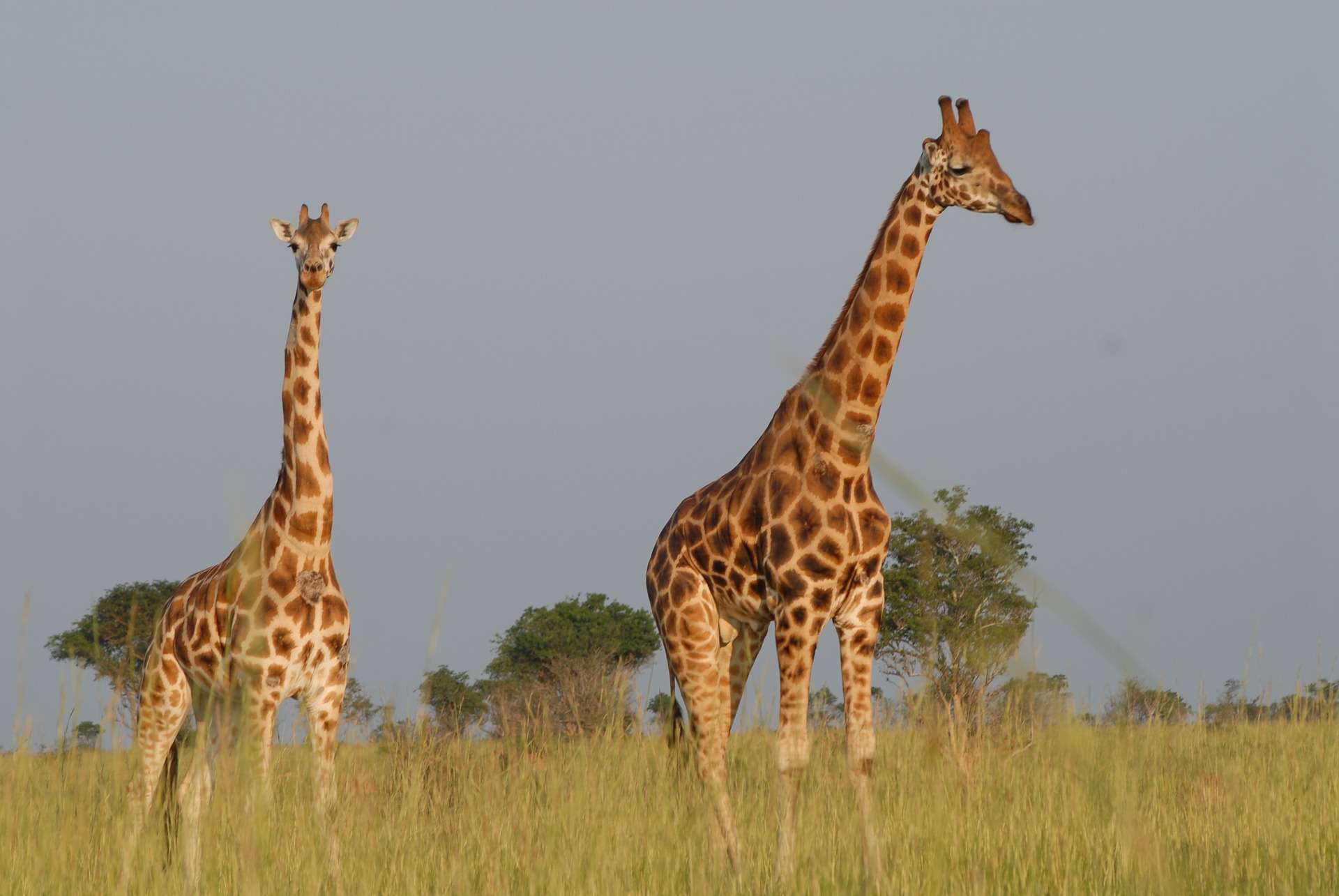
-

How do we save our biodiversity?
Florian Altermatt was interviewed by the Blick science podcast (‘Durchblick’) on the subject of biodiversity.
-
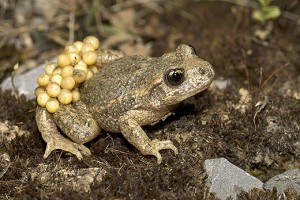
Long-term Study on Common Toads
Since the 1980s, one of the longest-running amphibian studies has been conducted on the Scheidegg.
-

-

Plant Diversity Enhances Soil Carbon Retention
A new study shows that increasing plant diversity in agriculture can be used to improve the carbon sequestration potential of agricultural soils. As the agricultural sector strives to reduce its carbon footprint, promoting biodiversity in agricultural practices could be the key to more sustainable and climate-friendly food production systems.
-
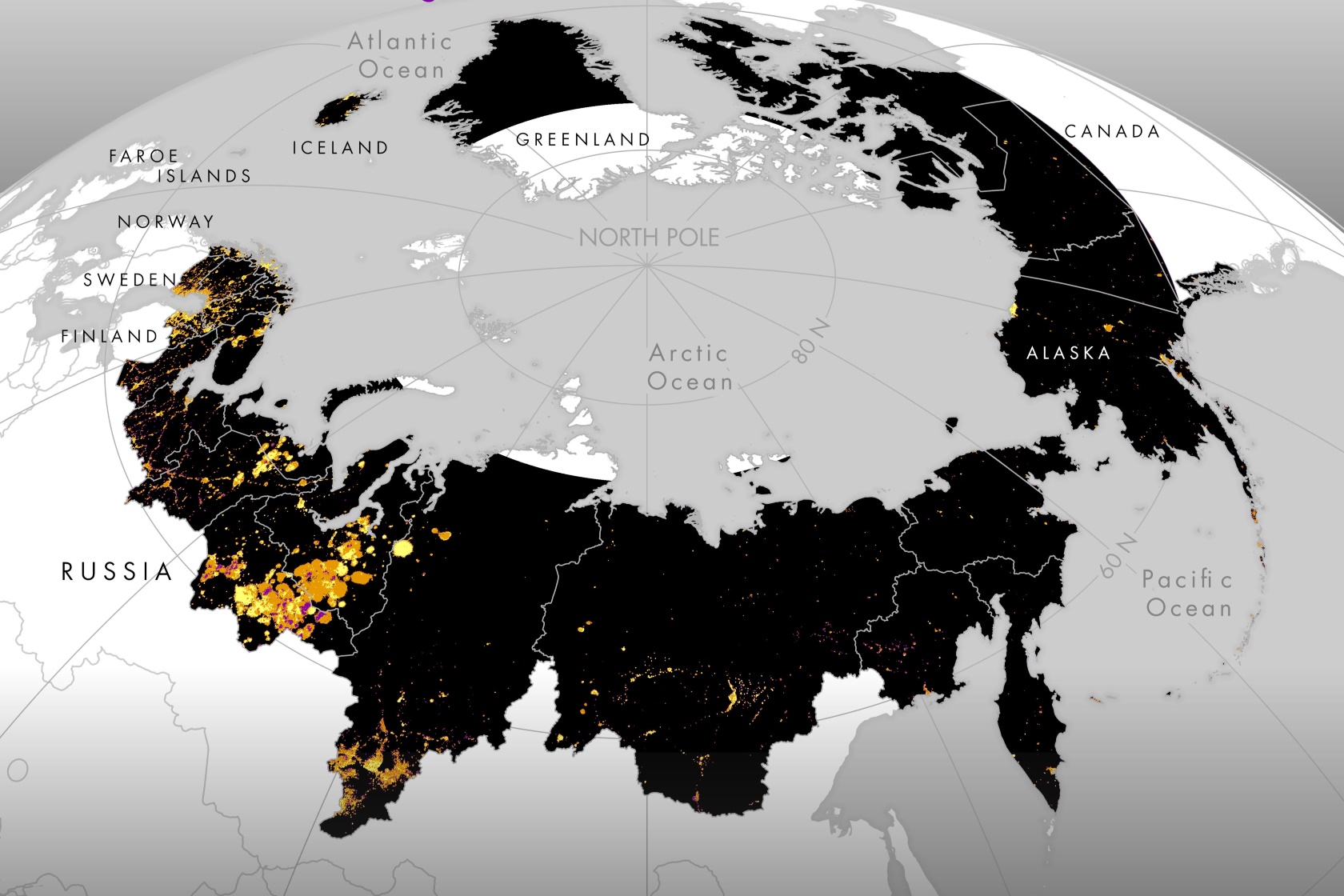
Rapidly Increasing Industrial Activities in the Arctic
More than 800,000 km2 of the Arctic were affected by human activity in 2013, according to an analysis of satellite-derived data on artificial light at night. On average, 85% of the light-polluted areas are due to industrial activities rather than urban development. According to the international team led by UZH researchers, the results are crucial for sustainable development and nature conservation in this highly vulnerable region.
-
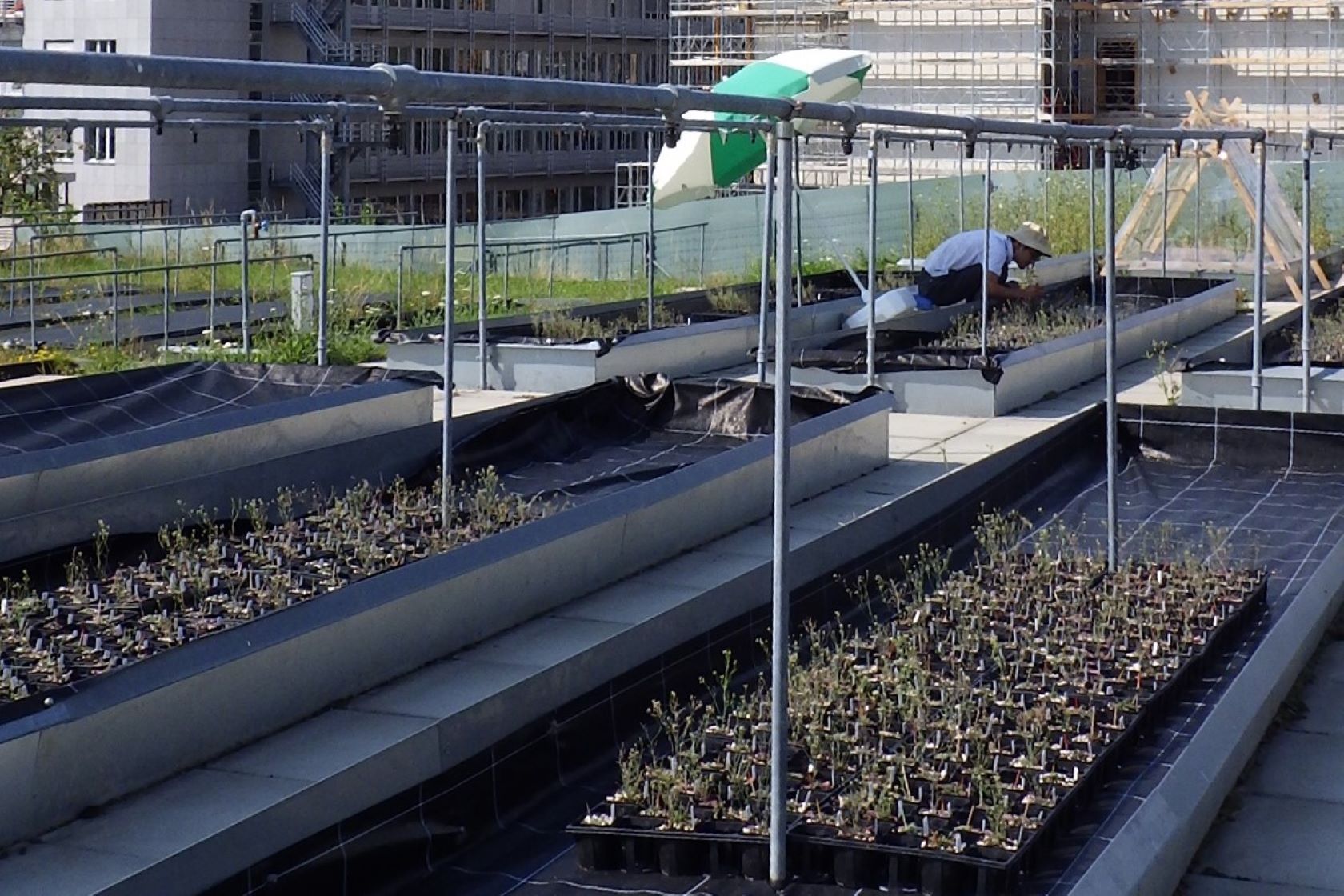
Reducing Herbivore Damage Using Biodiversity Instead of Insecticide
Pesticides aren’t always necessary: researchers at the University of Zurich have conducted a comprehensive field study showing that damage from herbivores can be reduced by using biodiversity within a plant species. Different plant genotypes can cooperate to help fend off herbivorous insects.
-

Florian Altermatt in an interview
Sarah Heinzmann from Rabe-Info wanted to know from Florian Altermatt how he, as an expert, assesses the state of biodiversity in Switzerland.
-
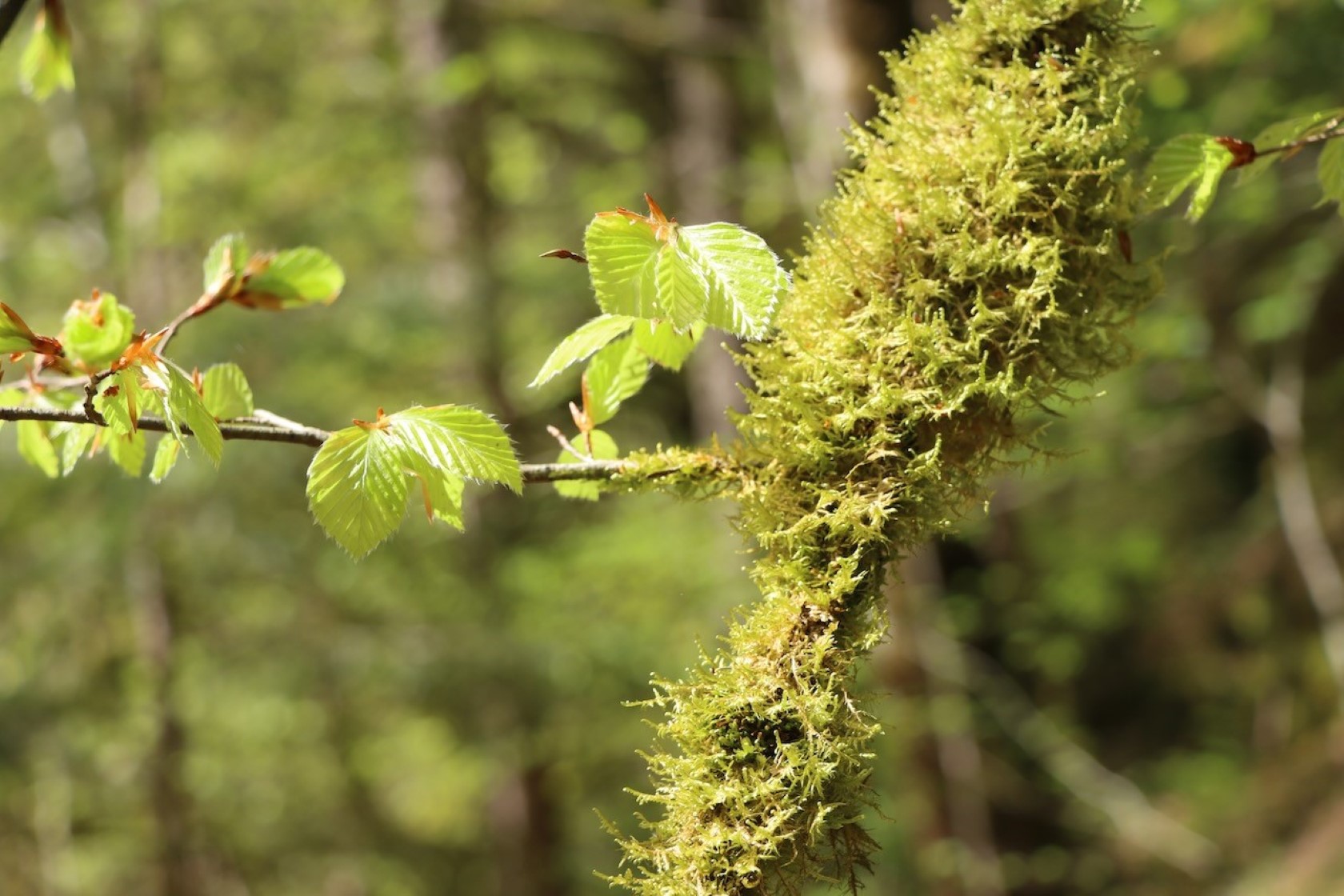
Before the Biodiversity Initiative
An NZZ article with Florian Altermatt ahead of the vote on the biodiversity initiative.
The debate touches on issues that go far beyond next Sunday's vote. -
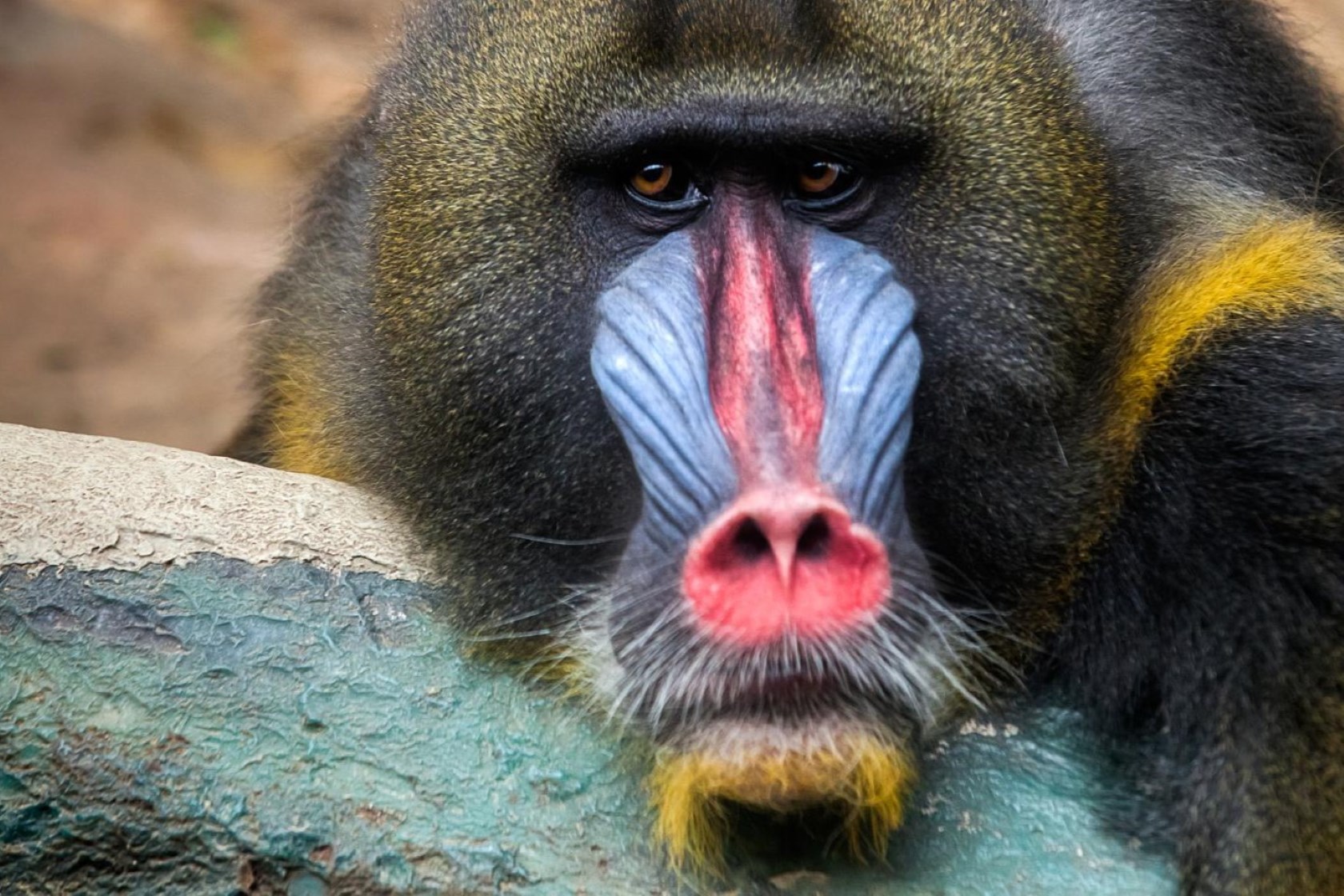
Colorful Traits in Primates Ease Tensions Between Groups
Primate ornamentation plays a crucial role in communication not only within social groups but also between them, according to a new study. The research reveals that the males of species with overlapping home ranges often display vibrant colors or elaborate features, traits that may help reduce intergroup aggression by enabling quick assessments of potential rivals.
-

BBC Podcast "The Conversation" with Prof. Marta Manser as Guest
Prof. Marta Manser speaks at the BBC show "The Conversation" about meerkat vocalization, social structures, and group coordination.
"The Conversation" focuses on two women from different parts of the world, united by a common passion, experience or expertise, share the stories of their lives. -
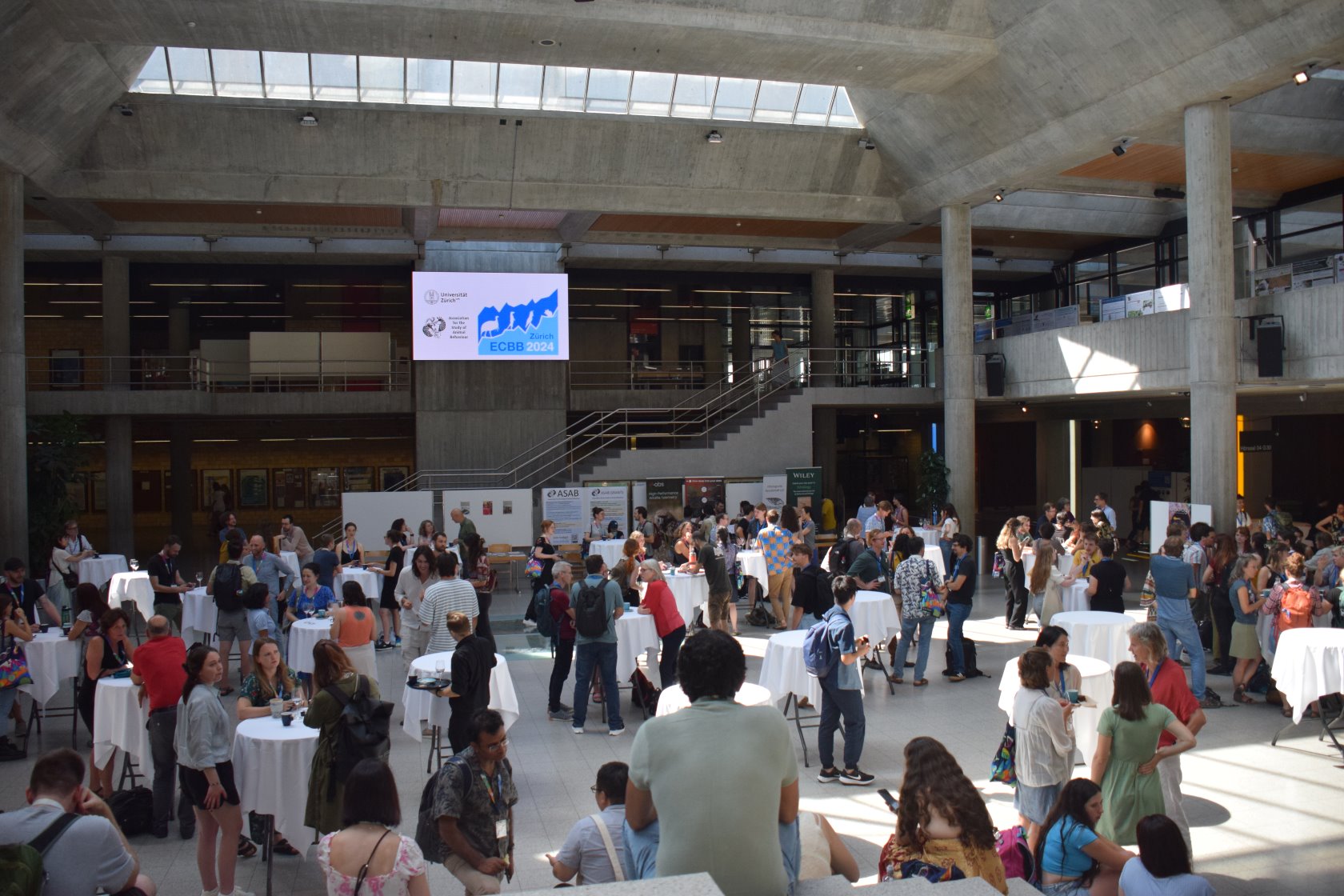
11th European Conference on Behavioural Biology (ECBB) 2024
The 11th European Conference on Behavioural Biology (ECBB) 2024, the largest European meeting for animal behavior scientists, was held at the Irchel Campus of the University of Zurich (UZH), Switzerland on July 16-19, 2024. It was a joint conference with the Summer Meeting of the Association for the Study of Animal Behaviour (ASAB).
-

Nature’s Sleeping Beauties
According to evolutionary biologist Andreas Wagner, nature tirelessly produces new variations, many of which are not utilized. But when environmental conditions change, these dormant new talents spring into action.
-
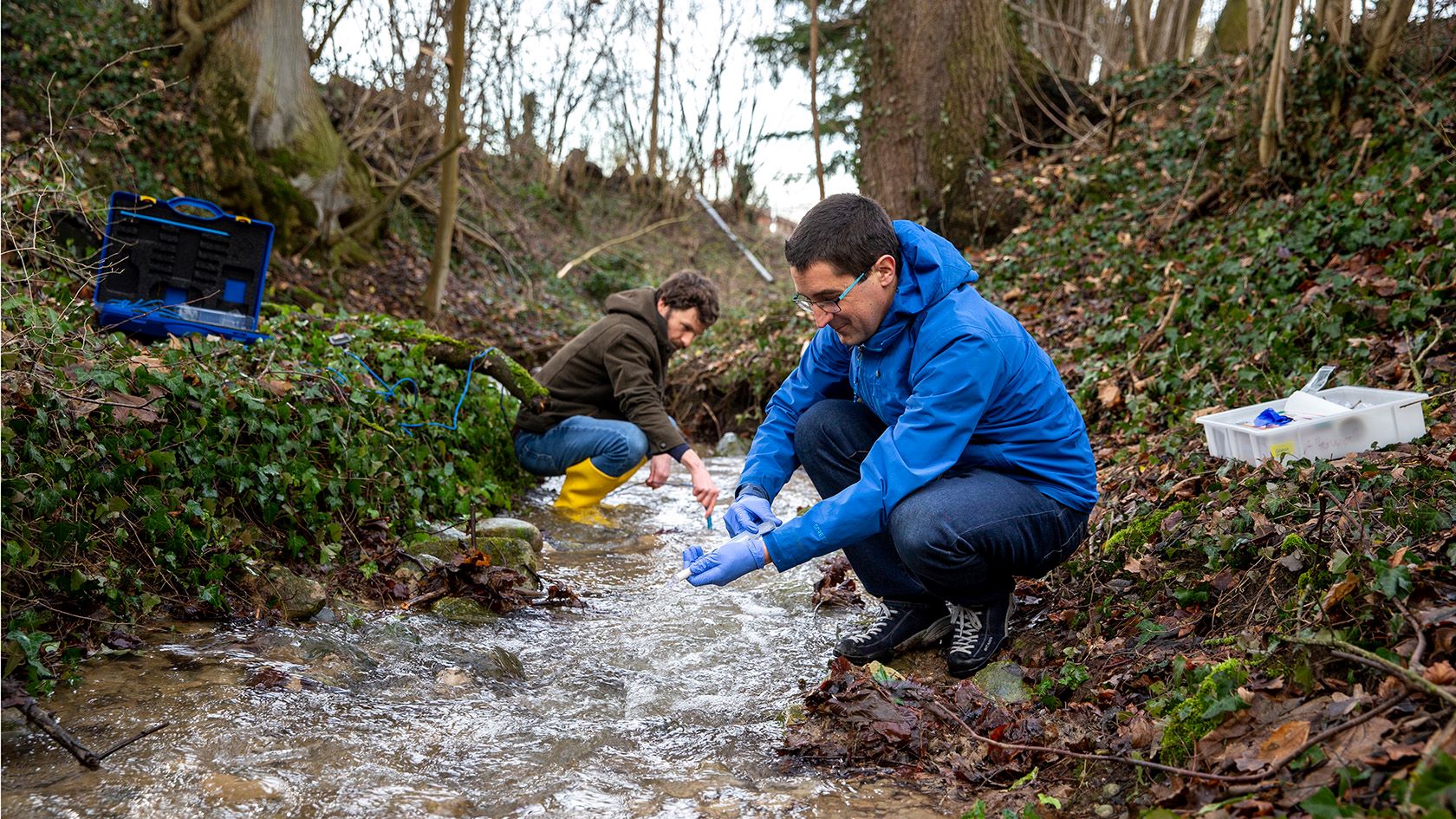
URPP Global Change and Biodiversity
Ecosystems are more stable and productive when they contain more species. This has been demonstrated impressively by researchers from the URPP Global Change and Biodiversity. The successful program is committed to ensuring that the value of biodiversity is better understood and appreciated in society.
-
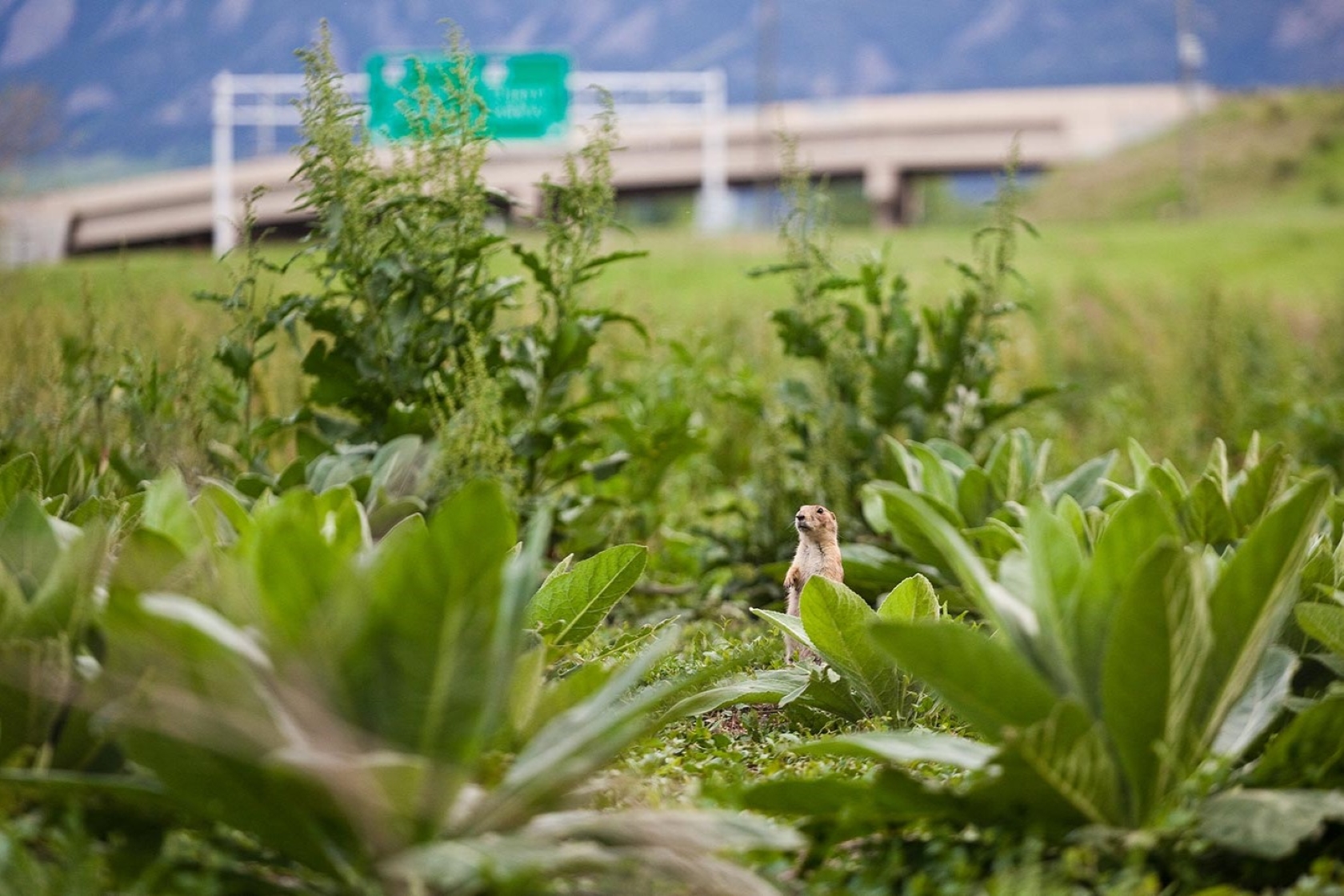
“Climate change and biodiversity are closely connected”
World Biodiversity Forum 2024
-
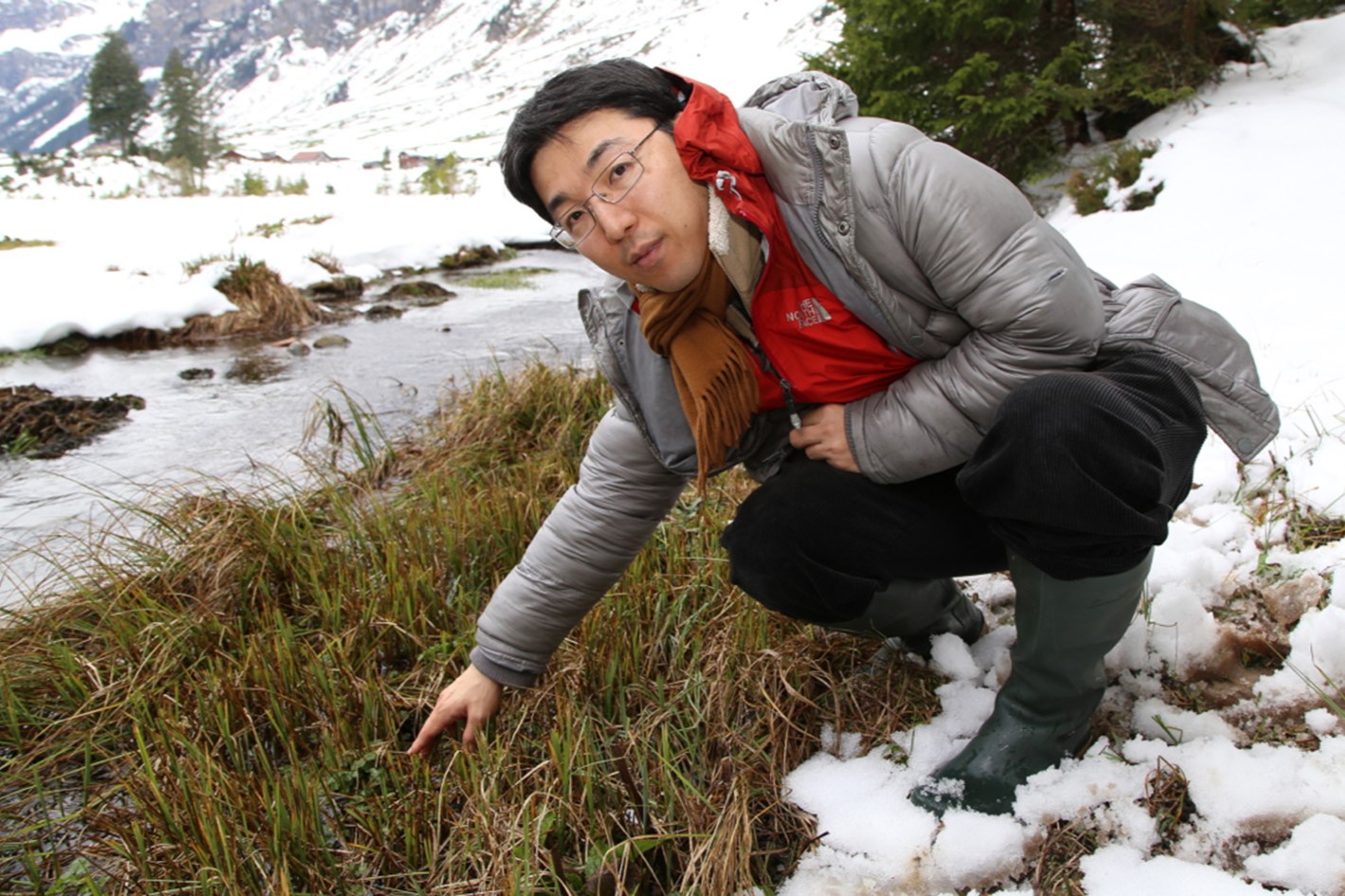
“UZH is a leader in evolutionary biology research”
URPP Evolution in Action: From Genomes to Ecosystems
-

ECBB 2024 - Long-term studies in animal behaviour
European Conference on Behavioural Biology July 16th – 19th 2024, Zurich, Switzerland
-

Mathilde Martin received the prize for the best PhD of the year 2023
Mathilde Martin received the prize for the best PhD of the year 2023 from the French Society for the Study of Animal Behaviour (SFECA).
-
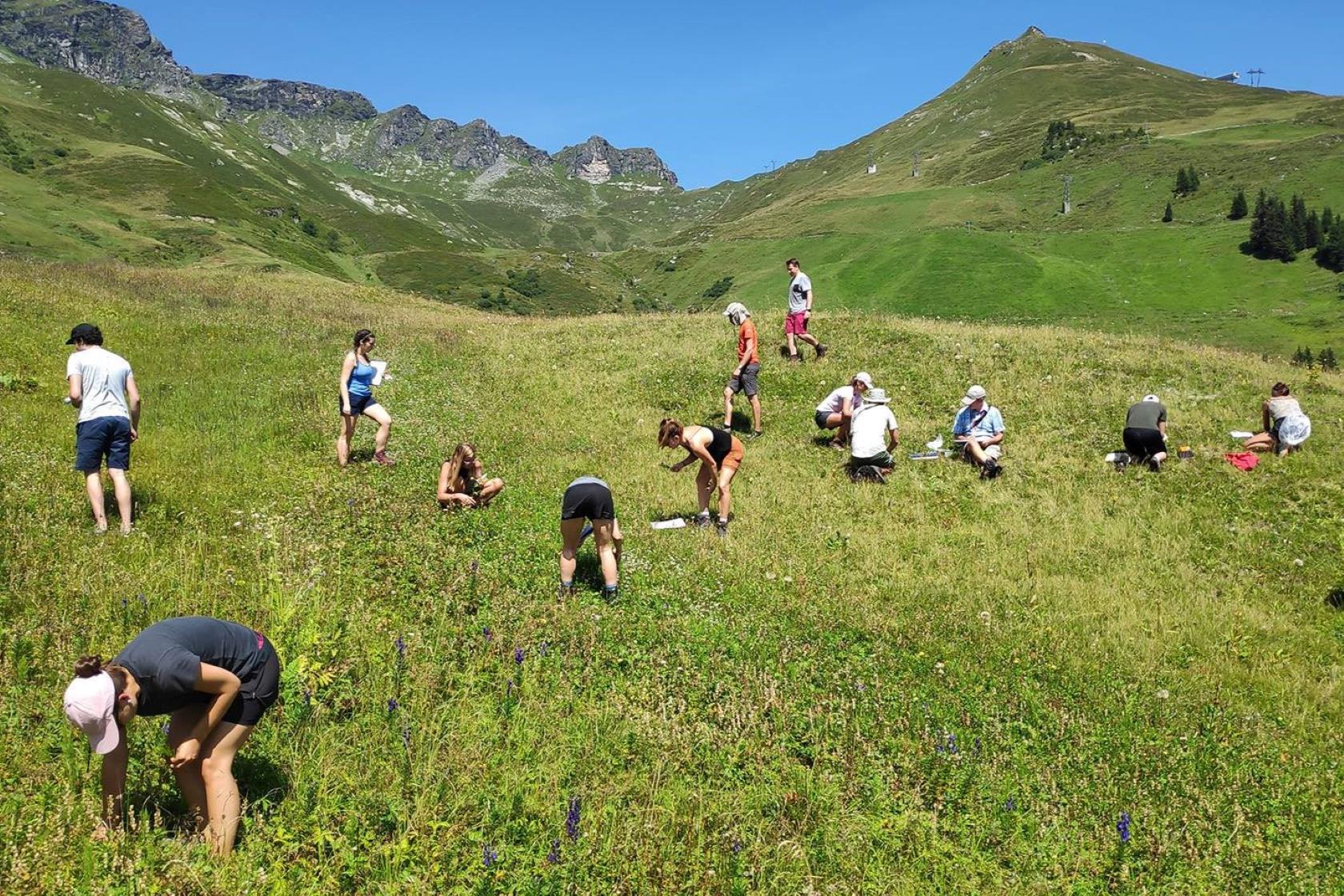
Biodiversity Master's starts for the first time in fall semester 2024
Last fall, UZH introduced the new "Biodiversity" study program in German-speaking countries. After a successful Bachelor's start with over 140 students, the Master's program will begin for the first time this fall semester.
-
Urnerboden, the birthplace of new species in Switzerland
Our researchers from the group Shimizu and Shimizu-Inatsugi studied a new type of plant called Cardamine insueta, which formed as a mix of two other plants in a Swiss village over the last 150 years.
-
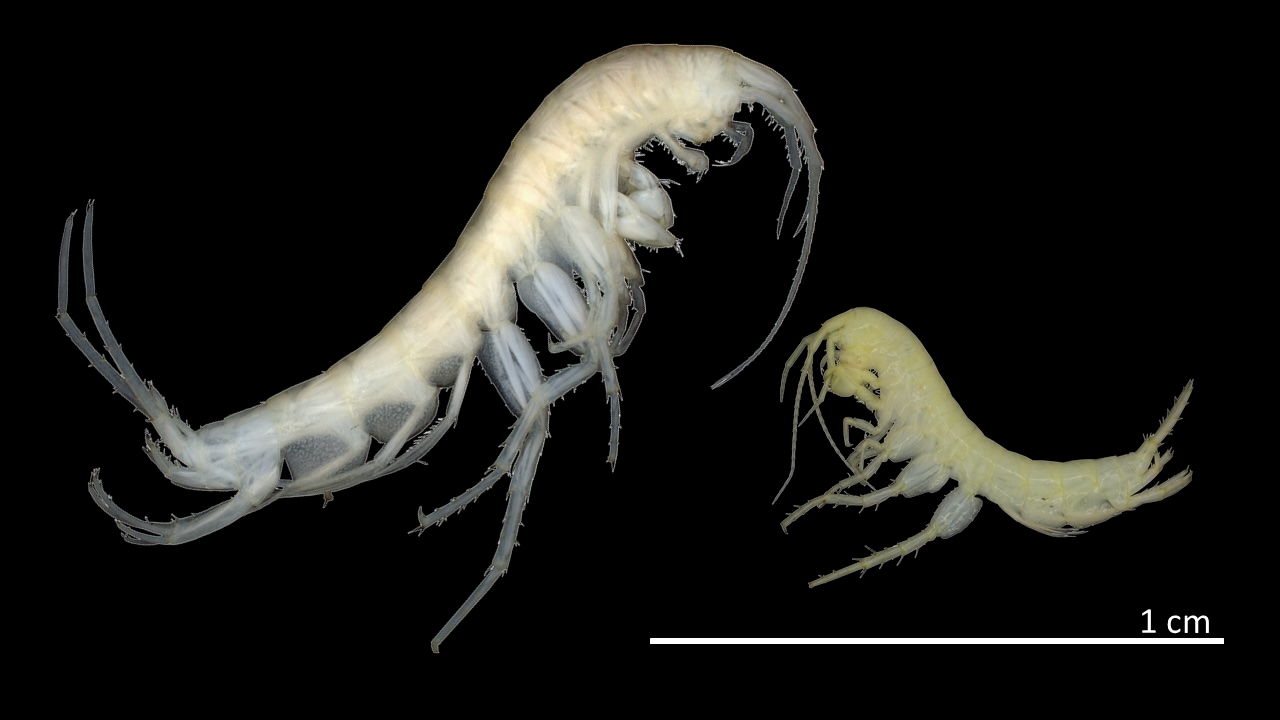
- "The unique biodiversity of groundwater needs more attention"
- Giraffes - 50 questions
- How do we save our biodiversity?
- Langzeitstudie zu Erdkröten
- 20th Anniversary of the Margalef Prize
- Plant Diversity Enhances Soil Carbon Retention
- Rapidly Increasing Industrial Activities in the Arctic
- Reducing Herbivore Damage
- Florian Altermatt im Interview
- Before the Biodiversity Initiative
- Colorful Traits in Primates Ease Tensions Between Groups
- BBC Podcast "The Conversation" with Prof. Marta Manser
- 11th European Conference on Behavioural Biology (ECBB) 2024
- Nature’s Sleeping Beauties
- URPP Global Change and Biodiversity
- World Biodiversity Forum 2024
- “UZH is a leader in evolutionary biology research”
- ECBB 2024
- Best PhD of the year 2023
- Biodiversitäts-Master startet erstmals im HS 24
- Urnerboden, the birthplace of new species in Switzerland
- Groundwater Biodiversity